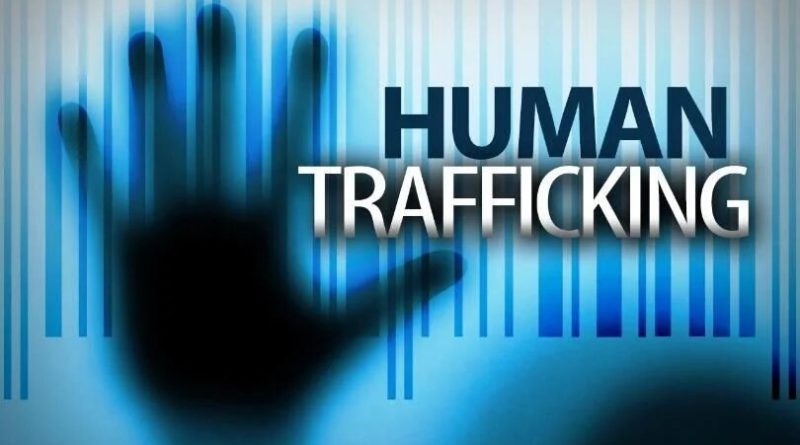Human-trafficking case involving a nightclub manager is abandoned for now, since complainant cannot be found
The prosecution has been forced to enter a nolle prosequi (nol-lay pro-say-kwee in a human-trafficking case involving Wendy’s Bar and Nightclub. This is a formal notice of abandonment, by a plaintiff or prosecutor, of all or part of a lawsuit or action.
REAL News learned that the case had been listed for hearing; but the witnesses had not been notified and the complainant cannot be found.
Therefore, the Crown took a decision to enter a conditional nolle pros (nol-lay pros). Accordingly, once the witnesses are located, the case will be put back in and called up.
A source says the complainant – a Jamaican woman – has returned to her country, and the police there have searched, but failed to find her. Accordingly, she is believed to be in hiding.
In February 2016, the part owner, operator and manager of Wendy’s Bar and Nightclub was arrested and charged for committing offences under the Trafficking in Persons (Prevention) Act, 2010.
The American Road resident and another woman from Herberts were jointly charged with human trafficking.
The part owner of the popular nightclub was further charged with benefiting from the services of a trafficked person and engaging in debt bondage.
It is alleged that the nightclub manager purchased an airline ticket for the Jamaican woman to travel to Antigua on December 14, 2015.
Upon arriving here, the woman reportedly was forced into sex work as a means of repaying her ticket. And during her week’s stint at the club, her life allegedly was threatened if she failed to perform sexual acts.
The Jamaican national later managed to escape and reported the matter to the St. John’s Police Station.
Investigations were launched and both women were arrested and charged as a result. The Herberts resident was indicted for receiving the Jamaican woman after she was landed at the V.C. Bird International Airport and conspiring to traffic her.
A conviction for offences under the Act means that a guilty person could be fined up to $400,000, or imprisoned for a term not exceeding 20 years, or both.
Reports say the United States of America has an interest in the case and is monitoring it to see the outcome.




